Cars are complex bits of machinery with lots of moving parts.
Items like spark plugs, brake pads and the oil in your engine all wear out over time. That's why your car needs regular servicing to keep running smoothly.
This guide explains everything you need to know about car servicing.
How often should I get my car serviced?
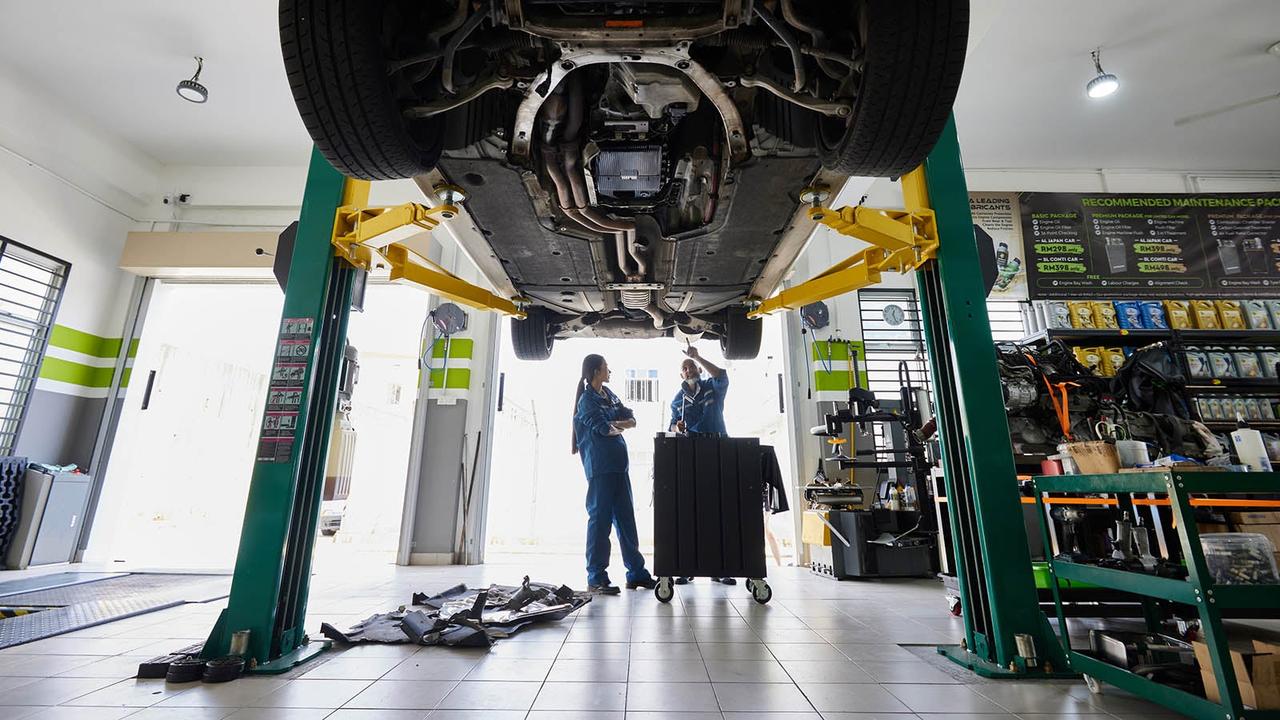
Every car has a service schedule set by its manufacturer. As a general rule, most cars need a full service once per year, or every 10,000-12,000 miles – whichever comes first.
You can check your car's user manual to see the specific servicing schedule recommended for your model. It might also recommend a more in-depth major service at key milestones like 25,000 or 50,000 miles.
Types of car service
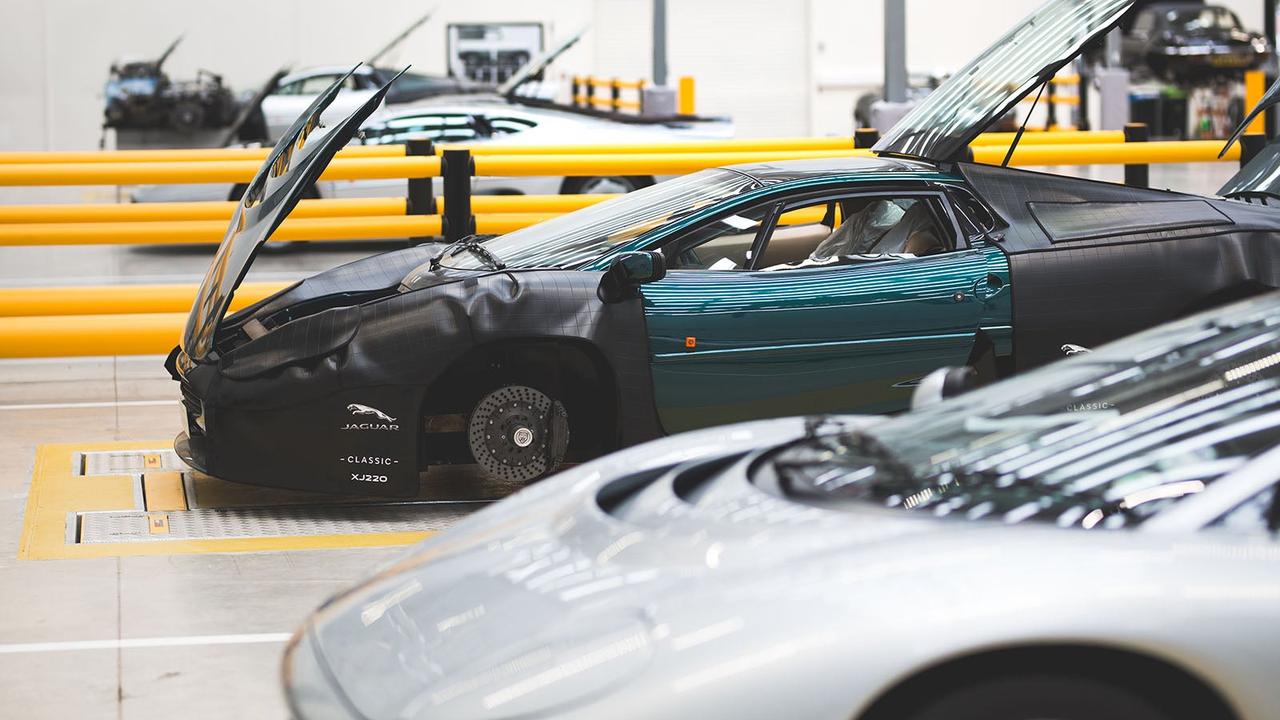
There are three main types of car service, with each new level being more thorough and more expensive:
- Interim service – this is the least thorough service. Essentially just an oil and oil filter change, plus some visual checks of brakes and other key parts. This is recommended for high-mileage drivers every six months after their annual full service.
- Full Service – this is the standard annual service most manufacturers recommend for their cars. It covers most fluids and filters, and a more thorough inspection of your car's mechanical and safety equipment.
- Major service – this is the most thorough service available and usually includes extras like cabin air filter and brake fluid replacement, plus new spark plugs for petrol cars and fuel filters for diesel cars. This is usually recommended at key mileage milestones or every other year for high-mileage drivers. Read our guide to major services, explaining more about what is covered.
What does a car service include?
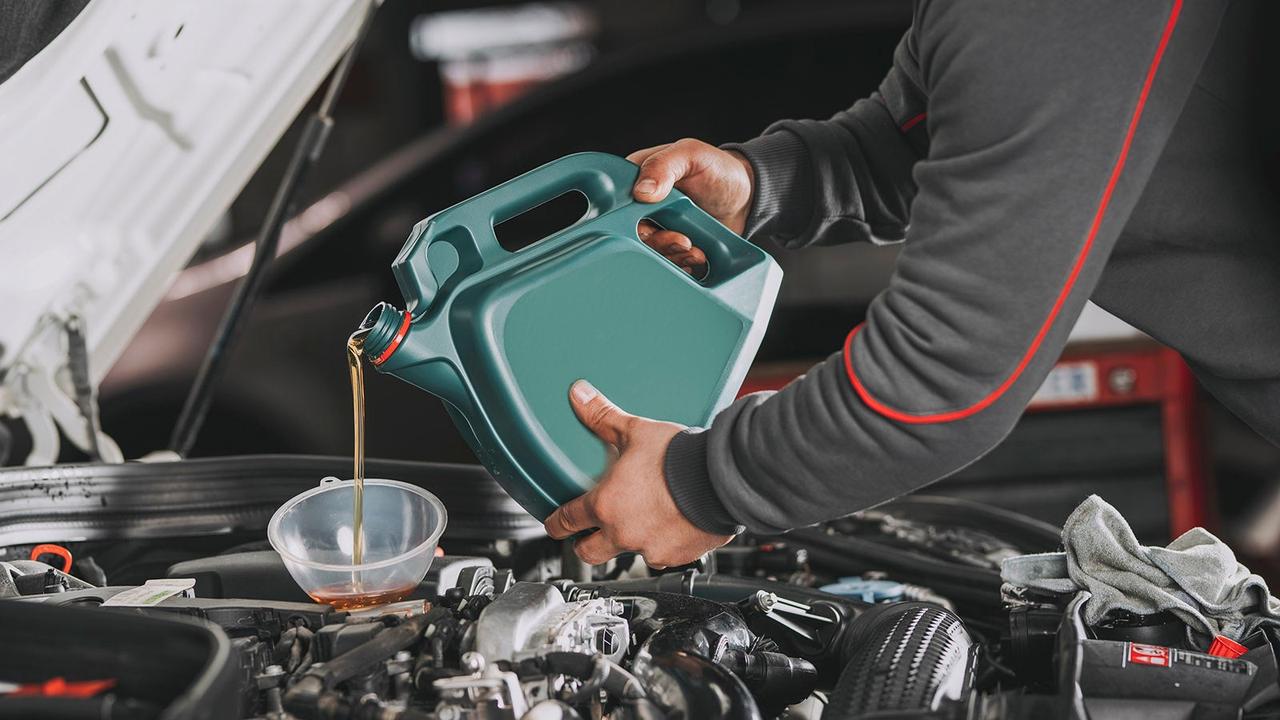
As we've just learned, there are different levels of service, each adding more items to check or replace. As a broad rule, a full service will include:
- Oil – provides essential lubrication to high-precision moving parts in your engine. Over time, it can get burned away by the engine or clogged with contaminants and must be replaced.
- Oil filter – replaced at the same time as the oil. This filters out contaminants such as water or small particles that stop your oil working properly, and will eventually get clogged if not replaced.
- Engine air filter – replace air filter for engine intake. These can get clogged over time, restricting air flow to your engine and reducing performance.
- Battery check – inspect battery and measure voltage to identify any external or internal damage. Check alternator and charging system are working properly.
- Fluid checks – inspect levels of engine coolant (antifreeze), screenwash, brake fluid and power steering fluid (if applicable). Top up any fluids that are running low.
- Safety system checks – inspecting seatbelts and airbags to make sure they're working properly.
- Mechanical parts inspection – a visual inspection for problems with your steering system, suspension, tyres, wheels, brakes and exhaust.
Why does my car need servicing?
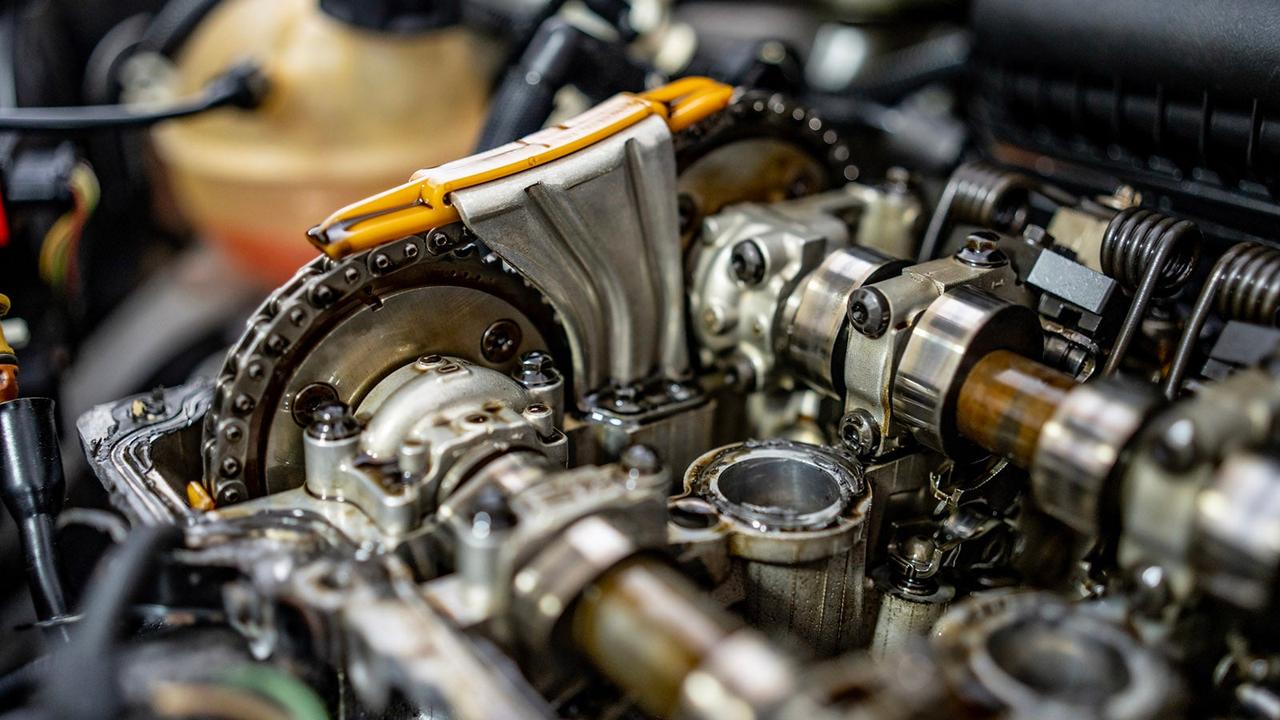
Your car's engine has dozens, maybe hundreds of high-precision metal parts moving at very high speeds. These must be properly lubricated by oil, otherwise you'll have metal-on-metal contact, usually followed by total engine failure shortly afterwards. At the bare minimum, regular servicing changes your car's oil and oil filter, which means the lubrication system won't get clogged and fail.
On top of that vital maintenance, servicing also checks critical safety parts such as your tyres, brakes, seatbelts and airbags. Any failure of these parts could be just as costly as your engine running without oil, so keeping an eye on them means you can catch any problems before they become a bigger issue.
Is it worth getting my car serviced?
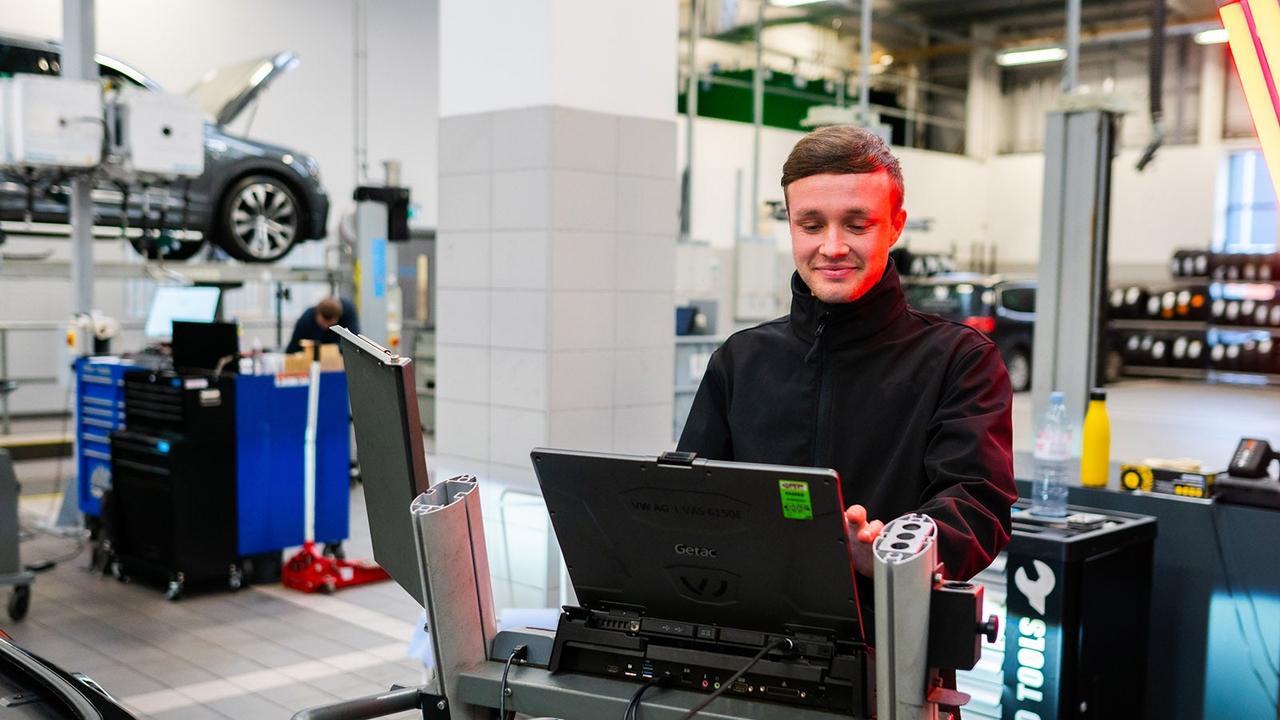
Yes. In all cases, the cost of missing a service will be greater than the cost of the service itself. The most obvious reason, of course, being that you massively increase the risk of a serious problem or engine failure, which will cost many thousands of pounds to repair or replace.
However, even if you're lucky enough to skip a service without any catastrophic failures, you'll still cost yourself money as your car will no longer have a full service history. This will dramatically reduce how much your car is worth when you come to sell it, wiping out any short-term savings you made by missing a service.
Cambelt/timing belt servicing
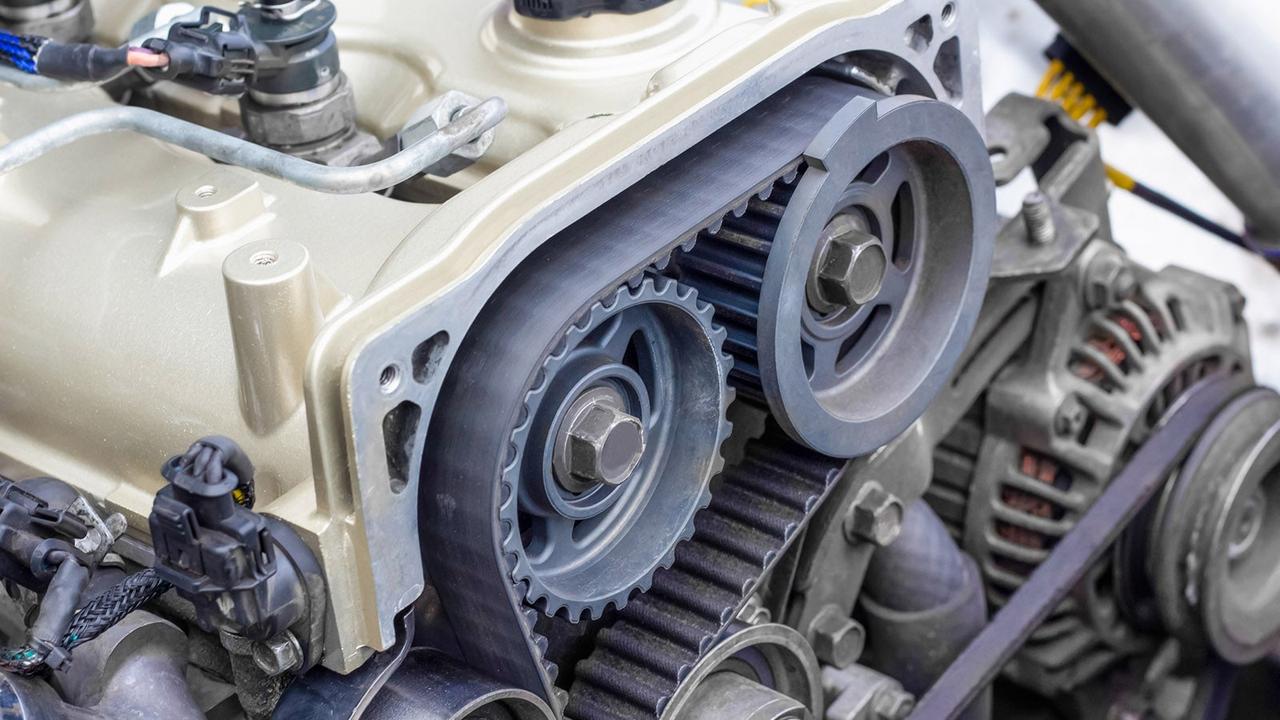
On top of regular servicing, your car might also have a recommended replacement interval for the cambelt (also called a timing belt). This interval can be anywhere from 40,000-100,000 miles, or typically between four and 10 years. It's common practice to replace the water pump at the same time as the cambelt.
The cambelt is a critical part that keeps your engine running in time – opening and shutting the valves at the right moment so your intake, compression, ignition and exhaust strokes are timed properly. A cambelt failure will often cause a catastrophic engine failure, so it's vital that this part is serviced.
Many petrol and diesel-powered cars use cambelts, so make sure to check your owner's manual to see if your car needs one. Some engines use a metal timing chain instead, which does not need to be serviced.
What's the difference between a service and an MOT test?
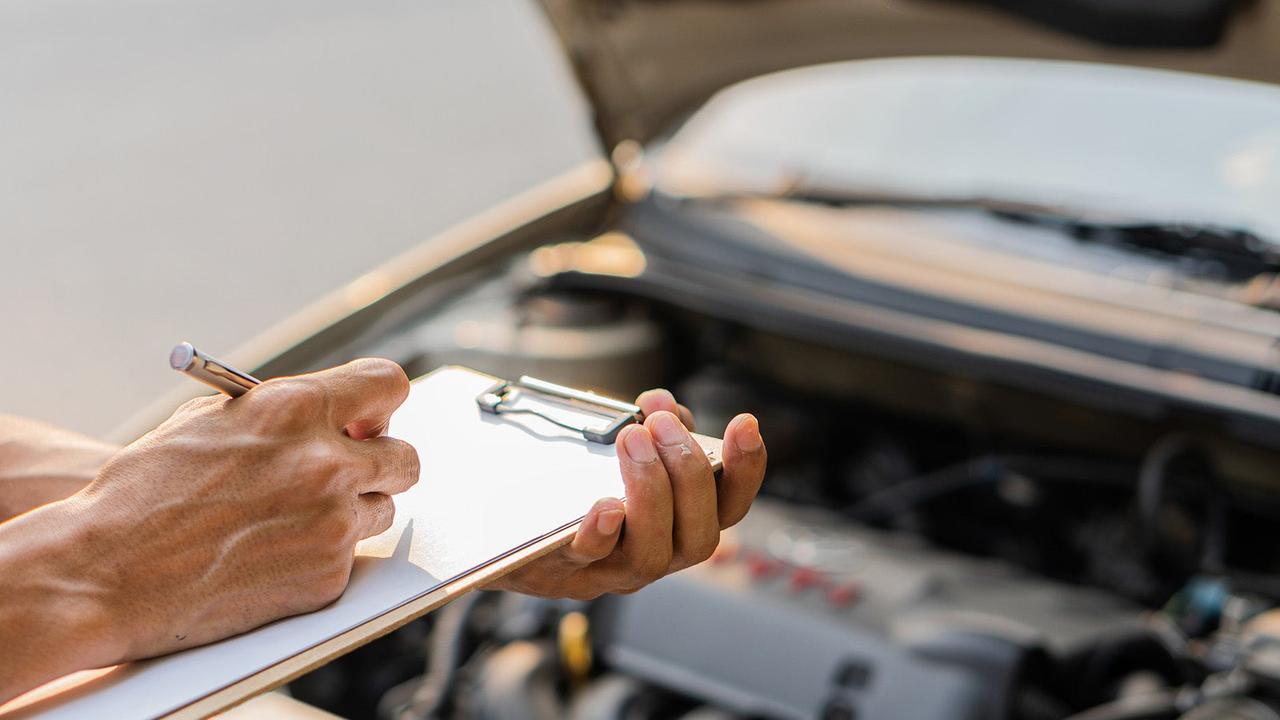
A service is regular scheduled maintenance to keep your car running properly. It isn't a legal requirement and is simply a recommendation by your car's manufacturer.
An MOT test is an annual check from your car's third year onwards to make sure it's safe to use on the road. It's illegal to drive without a valid MOT test, with the only exception being driving to a pre-booked MOT test. MOT tests are carried out by centres approved by the Ministry of Transport.
You can book your car in for both an MOT and a service at the same time. This can make it easier to keep on top of these two important intervals.
How long does a full car service take?
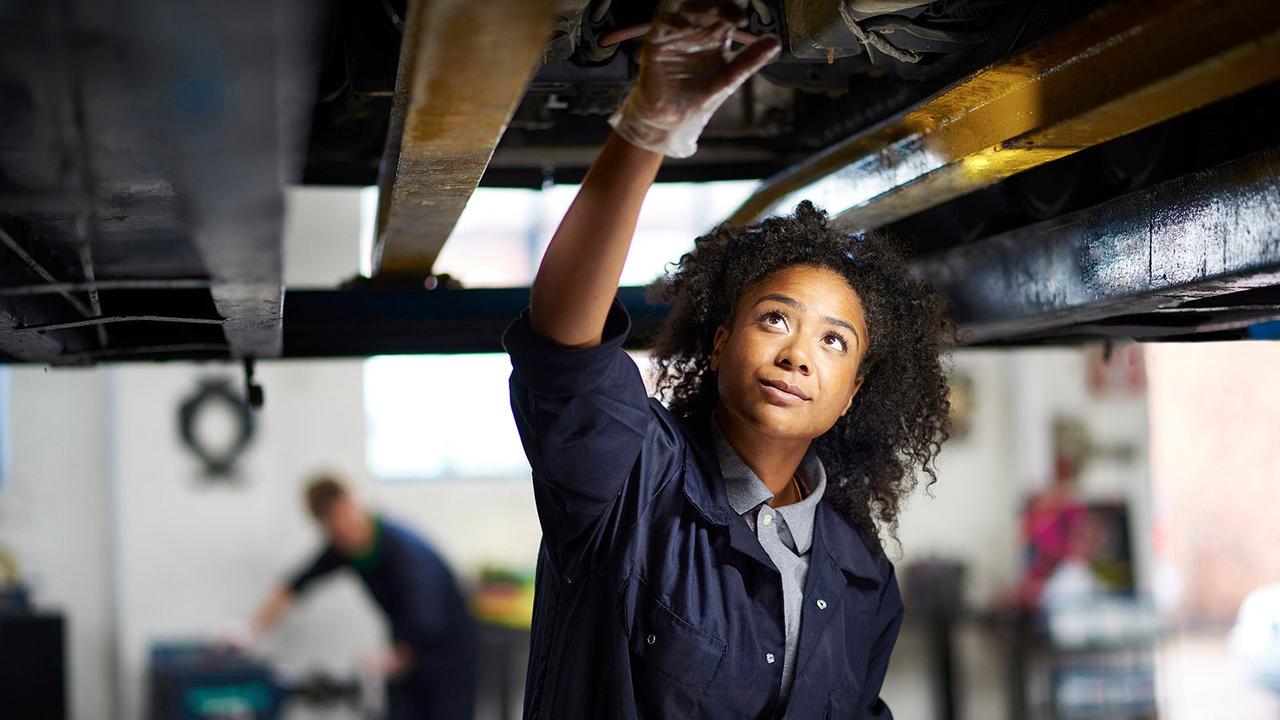
As a rough estimate, it might take 1.5-2 hours for your car to be serviced. However, that figure can vary wildly depending on how busy the service centre is, or if the service highlights any additional required repairs which will add time to the total figure.
It's best to get in touch with the service centre beforehand if you want a clearer picture of how long your car might take. You might be able to arrange a courtesy car to use while your car is being serviced.
How much does a car service cost?
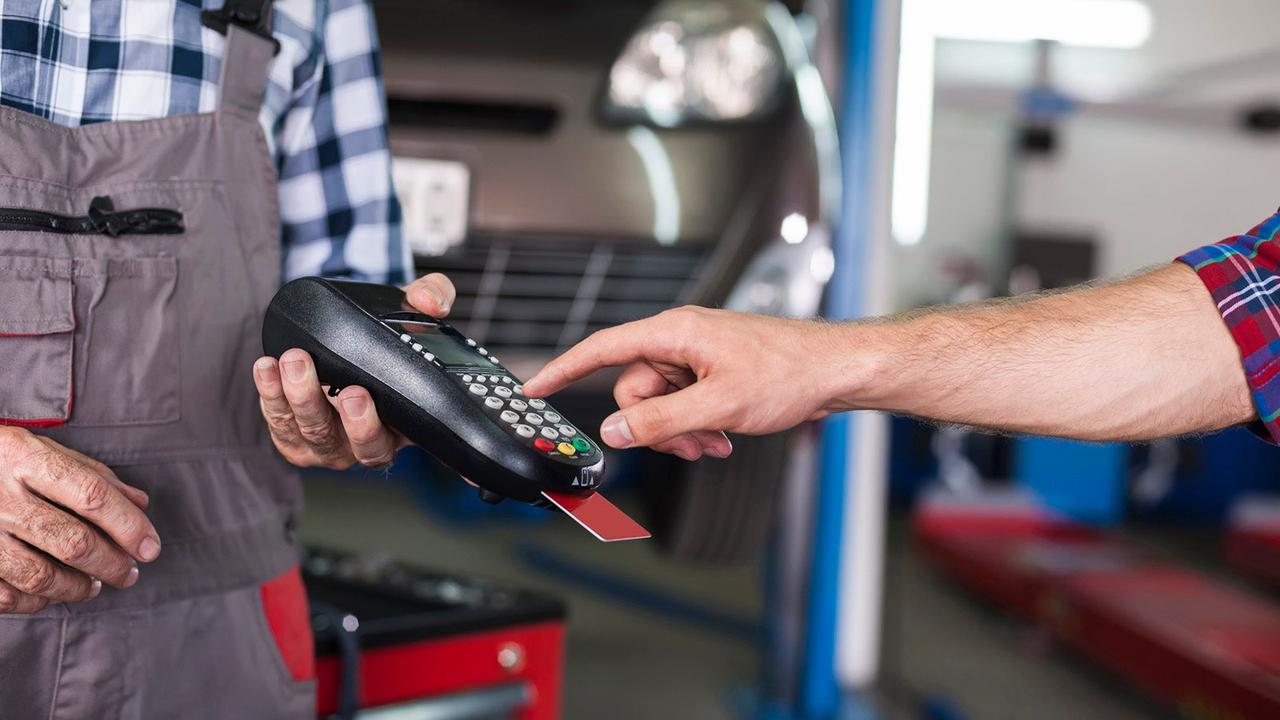
The cost for servicing will vary dramatically depending on your make and model, and where you choose to service it. For smaller, more affordable vehicles, expect to pay around £200 for a full service, excluding any extra maintenance work that's highlighted during the service.
That figure can be much higher for large cars and premium models, with both parts and labour prices pushing the number to well above double what you'd pay for a cheaper car.
Electric car servicing
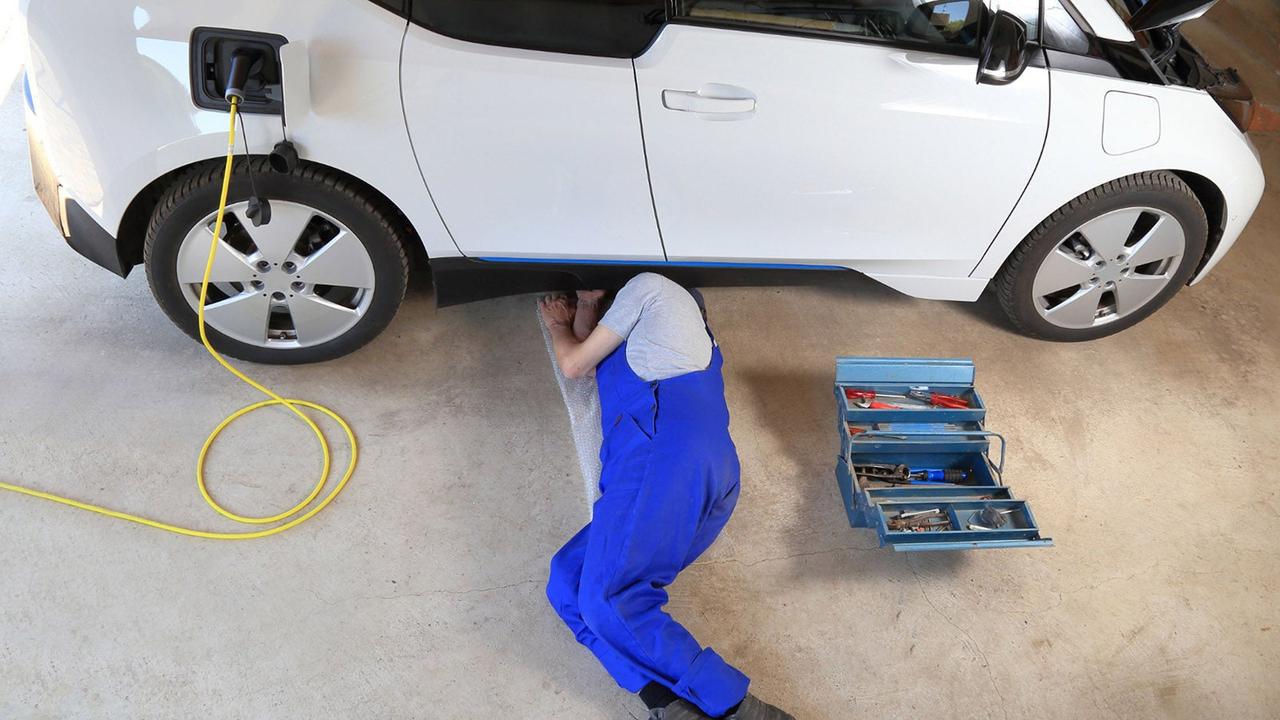
Electric cars don't have engines like fuel-powered cars. While they still need regular servicing, they don't need many of the replacement parts required by cars with engines.
It's still critically important to make sure the safety systems on an electric car are working, as well as mechanical parts like brakes, tyres and suspension. Read our guide to electric car maintenance to learn more about servicing an EV.
Can I service my own car?

Yes. You are fully within your rights to service your own car. European Block Exemption rules mean that, as long as you've used OEM (original equipment manufacturer) or equivalent-quality parts, and followed processes as defined by the OEM, then you won't void your manufacturer's original warranty. These are the same rules that mean you can take your car to any good-quality service centre and have them work on it without voiding the original manufacturer warranty.
However, most people will be much better off taking their car to a service centre and paying professionals to service it. You'll need specialist knowledge and a range of tools to service a car, which can often end up costing more than simply taking your car to a service centre in the first place. And, if you're not totally confident in what you're doing, you might do something wrong, void your warranty or even break your car.



































